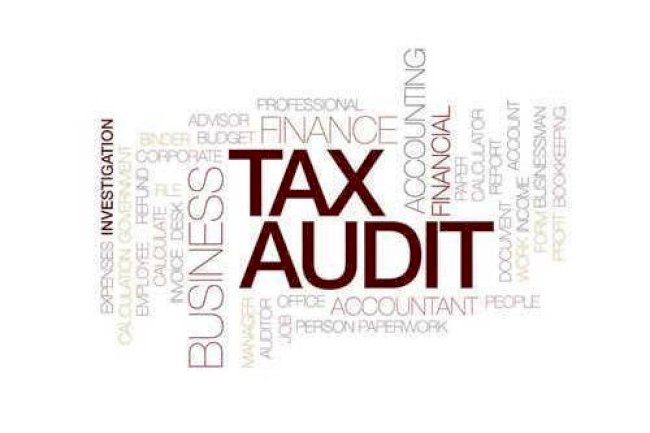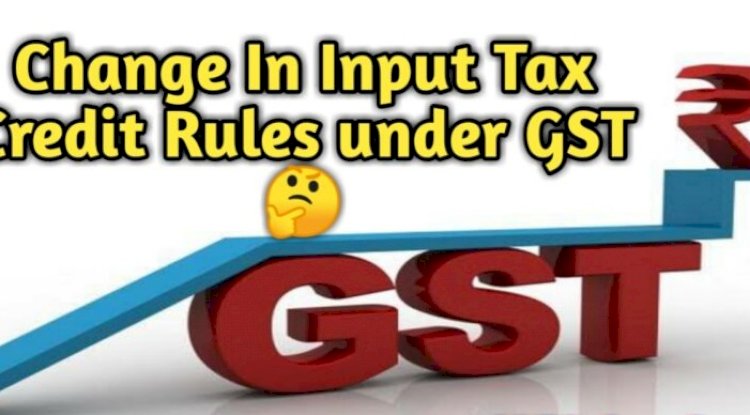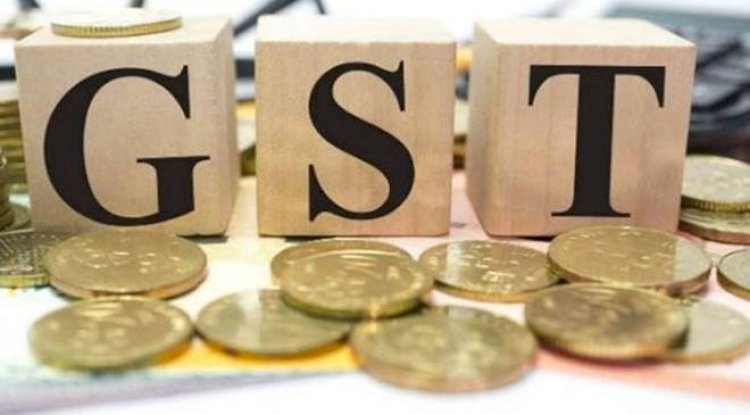IMPACT ON IMPORTANT POINTS FOR TAX AUDIT

IMPORTANT POINTS FOR TAX AUDIT
Tax Audit helps proper presentation of accounts before the tax authorities. It identifies the weaknesses in the accounting system and enables to suggest the improvements. An Audit facilitates the provision of advice that can have real financial benefits for a business.
Tax Audits can only be done by a CA. When a client or a party requires to get its Tax Audit done, a CA is required to prepare a Tax Audit report on behalf of them and upload it on the Income-tax e-filling portal. Once the Tax Audit report is uploaded, the assessee is required to approve/disapprove it.
Steps to do tax audit, i.e. under the Income Tax Act, 1961 :
- Basic vouching like normal statutory audit, in case you aren't the auditor and the other audit is not that reliable or no other audit is applicable for the client.
- Reconciling the turnover with indirect tax returns such as GST.
- Compliance with TDS provisions, and disallowing interest for late payment/deduction and late fees for TDS returns filed late. Check TDS Returns and payment challans.
- Disallowing the expenses entirely or 30% of them, if tax has not been deducted.
- Checking the workings for weighted deductions claimed, such as 10AA or Section 35 or Section 80-IA and the like, whether they are in order and there is no excess claim.
- Disallowing penalty or late fees paid under any other law, advertisement or club expenditure, any income tax paid taken on debit side of P&L and other specific disallowances.
- Disallowing expenditure in relation to which the income is exempt under Section 14.
- Verifying whether ICDS have been followed and the requisite adjustments for ensuring compliance.
- Whether brought forward losses have been properly disclosed, amount set-off in current year and balance carried forward.
- If MAT/AMT is applicable, appropriate disclosures made and checking the workings and also for MAT/AMT credit carried forward.
- Ensure that CSR expenditure is not taken as deduction, unless specifically allowed under any other section.
- Disclosure relating to any refunds of indirect tax received, as also confirmed demand in relation to any direct/indirect tax and the judicial forum/appellate authority where the appeal is pending.
- In case of firms, whether remuneration is within permissible limits, worked out as per the provisions of Income Tax Act.
- Checking workings for depreciation, additional depreciation, whether they are accurate, as also workings for deferred tax assets/liability.

Tax Audit Applicability Up to FY 19-20 :
Case1: Total Trading Turnover is less than or equal to INR.1 Cr.
In case of losses = Tax Audit Applicable (Due to conditions of sec 44AD)
If the profit is less than 6% of turnover = Tax Audit Applicable (Due to conditions of sec 44AD)
If the profit is more than or equal to 6% of turnover = Tax Audit Not applicable and can file ITR-4.
Case 2: Total Trading Turnover is more than INR. 1 Cr. but less than or equal to INR.2 Cr.
In case of losses = Tax Audit Applicable (Due to conditions of sec 44AD)
If the profit is less than 6% of turnover = Tax Audit Applicable (Due to conditions of sec 44AD)
If the profit is more than or equal to 6% of turnover = Taxpayer has two options
- A taxpayer opts for the Presumptive Taxation Scheme = Tax Audit not applicable and can file ITR-4.
- A taxpayer doesn’t opt for the Presumptive Taxation Scheme = Tax Audit is applicable, need to maintain books of accounts and file ITR-3.
Case 3 : Total Trading Turnover is more than INR. 2 Cr. Tax Audit is applicable irrespective of profits/losses. A taxpayer needs to maintain books of accounts and file ITR-3.
Changes in Tax Audit Applicability from FY 20–21:
Keeping in mind the turnover limit of INR. 5 Cr. and total sales/receipts and total purchase/payments in cash are less than 5%. Following are the possible scenarios:
Case 1: Total Trading Turnover is less than or equal to INR. 1 Cr.
In case of losses = Tax Audit Applicable (Due to conditions of sec 44AD)
If the profit is less than 6% of turnover = Tax Audit Applicable (Due to conditions of sec 44AD)
If the profit is more than or equal to 6% of turnover = Tax Audit not Applicable and a taxpayer can file ITR-4.
Case 2: Total Trading Turnover is more than INR. 1 Cr. but less than or equal to INR.2 Cr.
In case of losses = Tax Audit Applicable
If the profit is less than 6% of turnover = Tax Audit Applicable
If the profit is more than or equal to 6% of turnover = Taxpayer has two options
- A taxpayer opts for the Presumptive Taxation Scheme = Tax Audit not applicable and can file ITR-4.
- A taxpayer doesn’t opt for the Presumptive Taxation Scheme = Tax Audit is applicable, need to maintain books of accounts and file ITR-3.
Case 3: Total Trading Turnover is more than INR. 2 Cr. but less than or equal to INR. 5 Cr.
Tax Audit is Not Applicable irrespective of profits/losses. Since the turnover limit in Sec 44AD is INR. 2 Cr. or less. And the turnover limit of Sec 44AB has been increased from INR. 1 Cr. to INR. 5 Cr.
Note: This is an anomaly, where neither Sec 44AB nor Sec 44AD gets hit. Hence under this turnover limit, a tax audit is not applicable to taxpayer/trader irrespective of profits/losses.
Here a taxpayer will not be able to file ITR-4. But will have to file ITR-3 without audit. Hence an amendment in the turnover limit of section 44AD is expected from INR. 2 Cr. to INR. 5 Cr. from CBDT.
Case 4: Total Trading Turnover is more than INR. 5 Cr. Tax Audit is applicable irrespective of profits/losses. A taxpayer needs to maintain books of accounts and file ITR-3.
Due Date for Filing Tax Audit Report
Tax payers covered under the Section 44AB should get their accounts audited and obtain completed audit reports from the auditor on before 30th September for the preceding financial year. For instance, the tax audit in India report for FY 2019-20 ended 31st March 2020 and corresponding to the assessment year 2020-21 should be submitted on or before 30th September 2020.
What's Your Reaction?





















